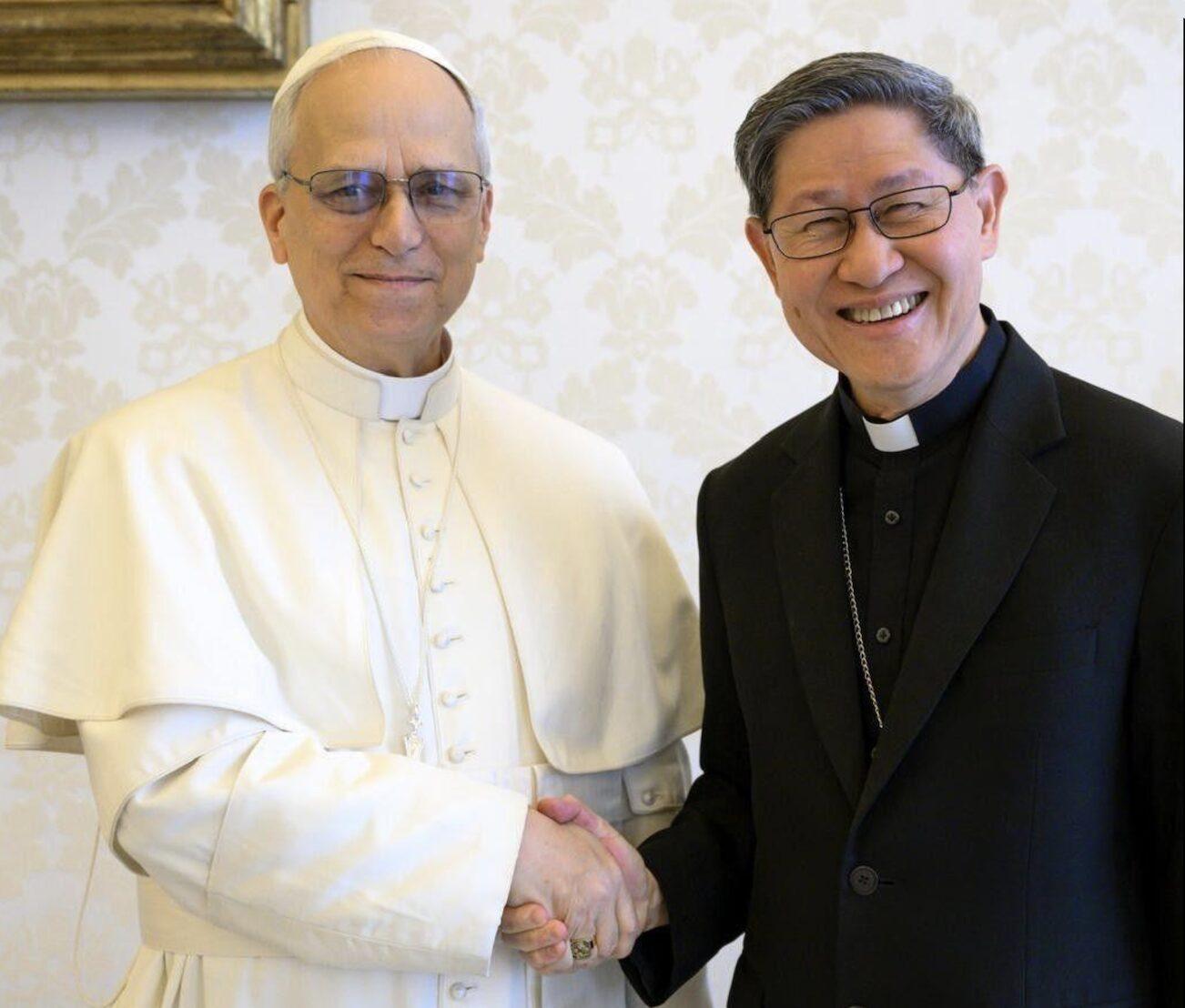More than 20 million cars worldwide have been recalled due to defective air bags manufactured by Japanese company Takata Corp.
At least five deaths have been linked to faulty Takata air bags, which can shoot out shrapnel when deployed, due to problems with propellants in the inflators.
Four of the fatalities occurred in the United States, and the fifth was in Malaysia.
Recalls associated with Takata air bags began in 2008, with Honda making the first for 4,000 Accords and Civics.
In November, the US National Highway Traffic Safety Administration (NHTSA) requested for a national recall of vehicles with Takata airbags installed in the driver’s side.
“By demanding this national recall, NHTSA has demonstrated once again that it will follow data and evidence to protect the lives of Americans on the road and to hold manufacturers accountable,” the agency’s secretary, Anthony Foxx, said in a November statement.
All victims were driving vehicles manufactured by Honda—Takata’s biggest customer—which has so far recalled more than 13 million cars. Most of these units are in the United States.
The recalls have affected 10 automakers since 2008. Among those that have made nationwide recalls in the United States to driver-side air bags include Honda and Mazda.
“We now know that millions of vehicles must be recalled to address defective Takata air bags and our aggressive investigation is far from over,” said NHTSA Deputy Administrator David Friedman in a November statement.
On Friday, Dec. 19, Chrysler announced a recall of 2.9 million older vehicles, per the demand of the National Highway Traffic Safety Administration; on Thursday, Dec. 18, Ford expanded its recall with now more than 530,000 units recalled; Mazda also recalled about 2,800 cars in Mexico on Thursday; on Wednesday, Dec. 17, Nissan ordered a recall of more than 80,000 cars in Mexico; and on Tuesday, Dec. 16, Honda recalled more than 500,000 units in China.
On Tuesday, Dec. 16, the Senate unanimously agreed to appoint Mark Rosekind as the new chief of the NHTSA, following criticism for its slow response time in addressing faulty Takata air bags and problematic General Motors ignition switches.
“I’m very concerned like all of you have been with the slowness across all of the recalls,” he said.
The root cause of the deadly air bag explosions in high-humidity areas in the United States (including Florida, Hawaii, Puerto Rico and the Virgin Islands) has yet to be identified, Reuters reported that one contributor is the aging of inflators.
“Takata cannot confirm or comment on discussions with particular customers. As our chairman has stated, Takata is increasing its production of replacement units and is committed to working with its customers and other air bag manufacturers to increase production capacity even further,” the Japanese company said in a statement.
A CNN report stated that Takata uses ammonium nitrate, an inexpensive chemical, to inflate the air bags. The problem with the chemical is that temperature changes can destabilize it, resulting in an explosion of the metal canister, according to patent documents filed by the Japanese company.
“Pure ammonium nitrate is problematic because many generant compositions containing the oxidizer are thermally unstable,” the company wrote in a 1999 patent document.
Mark Lillie, a former propellant expert and chemical engineer, told CNN that ammonium nitrate tablets can “break down” due to fluctuations in temperature.
“That creates a faster more violent burn capable of causing the metal canister it’s enclosed in to rupture,” he told the news agency.
Takata has so far allocated $774 million for the recalls, although it also has to deal with multiple class-action lawsuits and the ongoing US criminal investigation, Reuters reported.
“Takata is prioritizing the supply of replacement parts. We have sufficient funds put aside, and we are not concerned that we are under capitalized. We will take steps on the financing side,” Takata CEO Shigehisa Takada told the Nikkei newspaper.
Automakers affected by the Takata recall are: Honda, Toyota, Nissan, Mazda, BMW, Chrysler, Ford, Subaru, Mitsubishi and General Motors.
(With reports from CNN, Reuters, The New York Times, The Washington Post)
(www.asianjournal.com)
(LA Weekend December 20-23, 2014 Sec. D pg.3)






